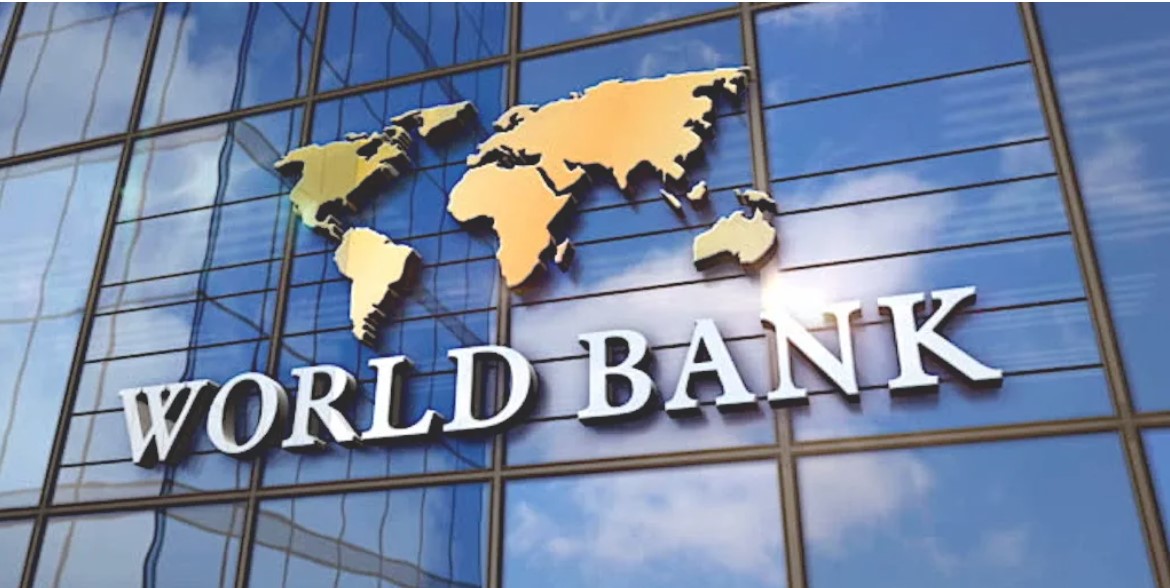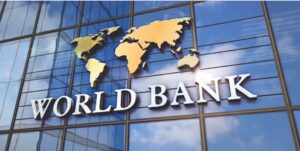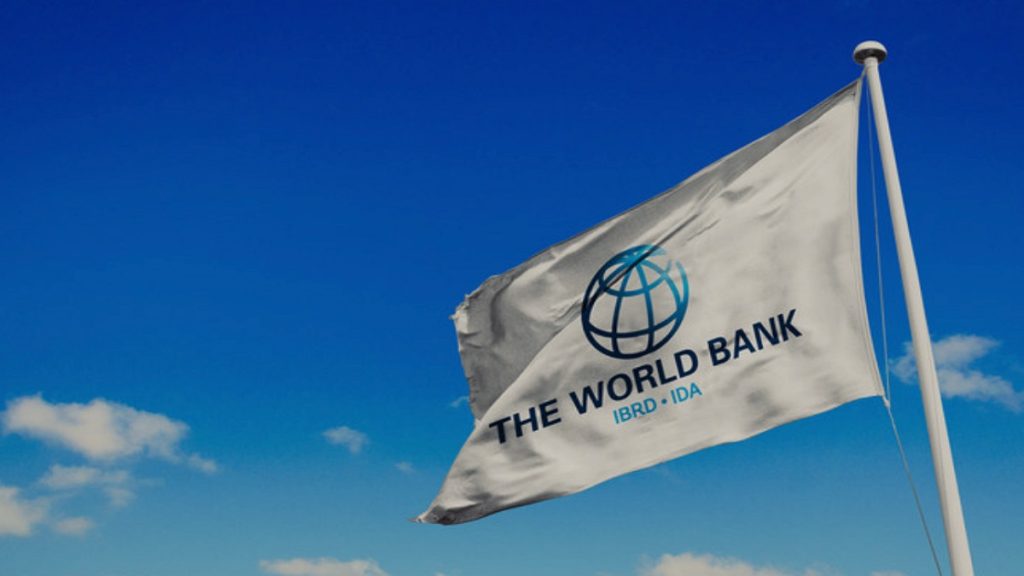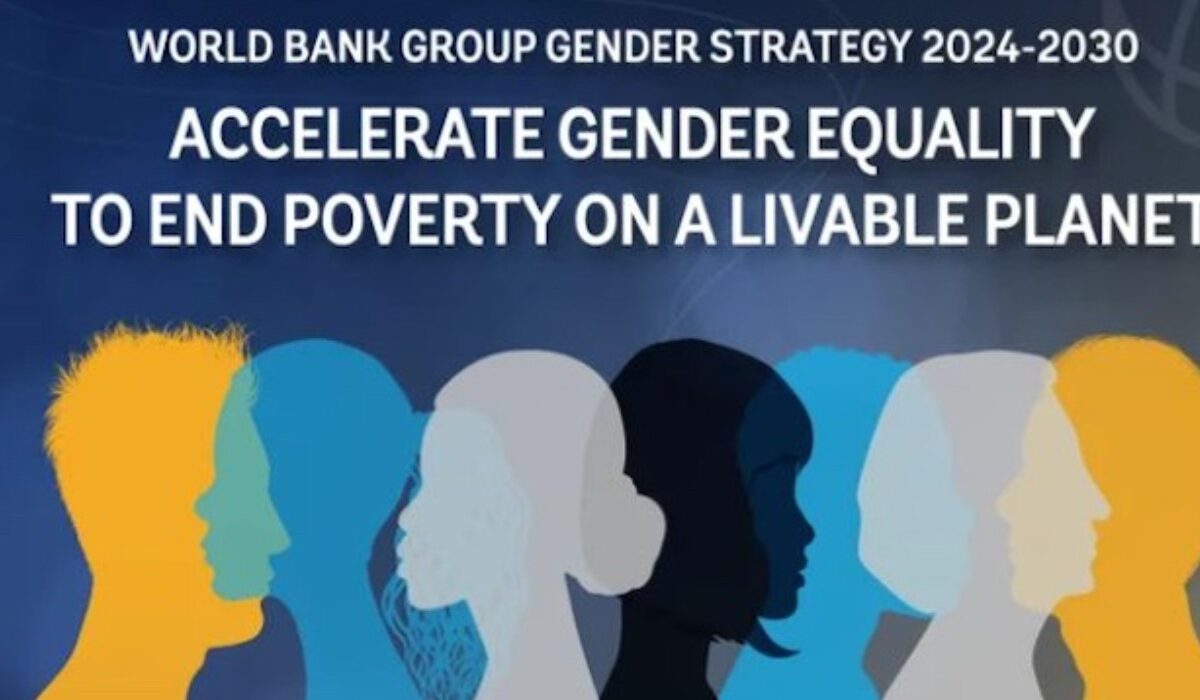
World Bank Funds $1.08 Billion for Education, Economy in Nigeria
- Education
- No Comment
- 127

The World Bank has approved $1.08 billion in concessional financing to support education, nutrition, and economic resilience in Nigeria. The funding includes $500 million for the Community Action for Resilience and Economic Stimulus Programme (NG-CARES), $80 million for Accelerating Nutrition Results in Nigeria (ANRIN 2.0), and $500 million for the Hope for Quality Basic Education for All (HOPE-EDU) initiative.
In a statement released Wednesday, the bank emphasised that the financing aims to improve education quality, strengthen household and community resilience, and enhance nutrition for underserved populations.
“The World Bank has approved three operations in Nigeria, totaling $1.08bn in concessional financing, to enhance education quality, build household and community resilience, and improve nutrition for underserved groups,” the statement read.
Expanding Economic Resilience and Livelihood Support
Originally designed to mitigate the economic impact of COVID-19, the NG-CARES programme has evolved into a broader platform addressing economic vulnerabilities. It currently provides social transfers, public works opportunities, livelihood grants, and support for small businesses. With over 15 million beneficiaries already reached, the additional $500 million will help expand its reach, particularly as Nigeria navigates economic challenges following the removal of the fuel subsidy in 2023 and foreign exchange rate unification.
Strengthening Nutrition for Vulnerable Groups
The ANRIN 2.0 programme aims to improve access to quality nutrition services for pregnant women, lactating mothers, adolescent girls, and children under five. It builds on the success of its initial phase, which provided nutrition services to over 13 million children between 2018 and 2024.
Speaking on the newly approved initiatives, World Bank Country Director for Nigeria, Dr. Ndiamé Diop, emphasised the importance of investing in human capital.
“Investing in human capital is critical for Nigeria as it offers the best opportunity to unlock the enormous potential of Nigeria. These new programmes will help accelerate education quality and support vulnerable citizens,” Diop stated.

He added that ANRIN 2.0 would improve access to micronutrient-rich foods and nutrition services at primary healthcare centers, while NG-CARES would help Nigeria transition from short-term pandemic response to long-term economic resilience.
The nutrition initiative aligns with Nigeria’s National Development Plan (2021–2025) and the Multisectoral Plan of Action for Food and Nutrition. It focuses on both preventive and curative nutrition interventions, including improved feeding practices and increased availability of nutrient-rich foods.
Transforming Basic Education Through HOPE-EDU
The HOPE-EDU initiative, which will receive $500 million in funding, is designed to enhance foundational literacy and numeracy, expand access to basic education, and strengthen education systems in participating states. The program is set to directly benefit 29 million public primary school pupils, 500,000 teachers, and more than 65,000 public primary schools.
Dr. Diop highlighted the role of HOPE-EDU in driving education reform, stating:
“The HOPE-EDU programme will enable better education outcomes by implementing bold reforms and making the right investments to equip the fast-growing young population with foundational skills necessary for rapid and inclusive economic growth.”
The initiative will address challenges such as school overcrowding and decentralised education funding. In addition to World Bank funding, HOPE-EDU will receive an extra $52.18 million from the Global Partnership for Education Fund.
A Broader Vision for Nigeria’s Development
These programs reflect the World Bank’s commitment to improving Nigeria’s economic and social landscape by focusing on key sectors such as education, nutrition, and community resilience. The initiatives are expected to create long-term benefits, particularly for vulnerable populations, by improving access to quality services and strengthening the country’s human capital development.
By Chinomso Sunday
World Bank Funds $1.08 Billion for Education, Economy in Nigeria





